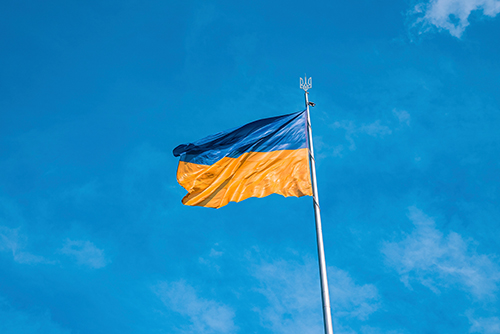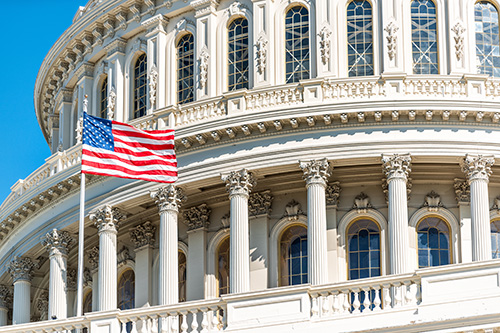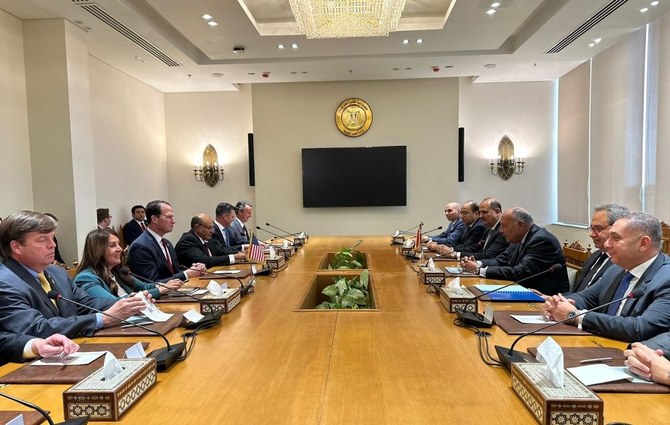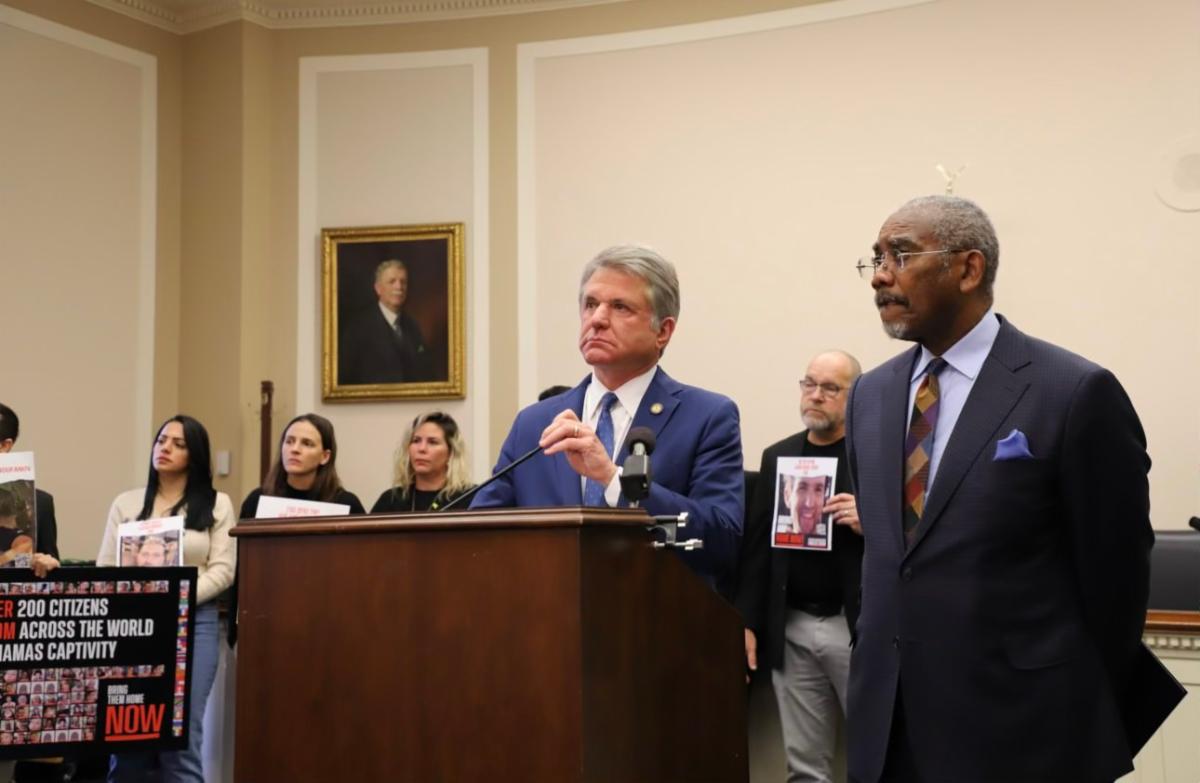Stop the Government From Spying on American Citizens
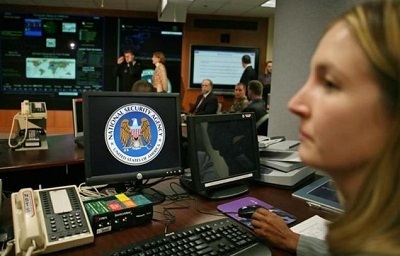 Millions of data sheets spit out of the printer inside a thick-walled, secure facility. Across the top are Americans’ names, a list of phone numbers dialed, the time and date called, and the frequency in which they called or texted a person.
Millions of data sheets spit out of the printer inside a thick-walled, secure facility. Across the top are Americans’ names, a list of phone numbers dialed, the time and date called, and the frequency in which they called or texted a person.
‘‘Who is doing this?’’ you might ask. A criminal organization? A private investigator?
Who is intentionally stalking and gathering data on innocent American citizens without their knowledge? Well, it is not a nefarious organization operating behind closed doors.
It is not the Russians. It is the spying eyes of the United States Federal Government.
In the aftermath of 9/11, the government authorized once-secret programs by the NSA to collect information on bad actors, primarily terrorists, who wish to create mayhem. They were terrorists overseas.
As the subcommittee chairman of Terrorism, Nonproliferation, and Trade, I agree that we should go after terrorists. Our government should use techniques they have on those people who wish to destroy America and find out what those terrorists are doing.
But despite the overall intention of the law, the program has been corrupted. Not only does the NSA collect information on terrorists, which they should do, but it collects data on ordinary American citizens, including communications, emails, and text messages.
The government does not have a specific Fourth Amendment warrant to collect and search this data on Americans, but it does it anyway. The Fourth Amendment says the warrantless search and seizure is unconstitutional without a probable cause warrant.
But the government ignores the Constitution. This sensitive information is placed into a searchable database by the government, a secret database.
Sometimes the government decides to go into that database that was seized without a Fourth Amendment warrant and checks to see how many times a name comes up. They take that information and do a reverse search, checking to see if the citizen’s identifying information is in the database.
Remember this is done by our government on Americans, in secret, without a Fourth Amendment warrant. For years, the NSA has refused to provide data on the number of Americans swept up in their secret searches.
I have advocated for years that the NSA level with Americans, our government, and the Congress as to how much information they are seizing. Several months ago, the House voted for a flawed FISA bill, the Foreign Intelligence Surveillance Act, which, unfortunately, reauthorized the warrantless surveillance of American citizens.
The only good thing to come out of this spying bill is a hard-fought provision releasing the numbers of Americans wrapped up in government spying. Unfortunately, they paint a grim picture for the privacy of Fourth Amendment protections.
In 2017 alone, the NSA unconstitutionally gathered data on 7,512 U.S. persons, a search without a probable cause warrant. This is up from 5,288 in 2016.
According to a previous report by The Washington Post, 90 percent of the account holders whose communications were collected were not targets. That means the government was just fishing around in the data they had collected and searching information on Americans without a warrant.
Privacy must not be forsaken on the false altar of national security. As a former judge, I am very concerned about the loss of our Fourth Amendment right of privacy in the United States based on this unconstitutional action by the NSA.
The Fourth Amendment is sacred to this country and to the Founders who drafted it. It is up to Congress to uphold Americans’ Fourth Amendment rights.
We must reform an article called 702 to require that if the government wants to look at the data that was seized on Americans, they do it with a search warrant, based on the Fourth Amendment. If they don’t have a search warrant based on the Fourth Amendment, then they cannot seize and go through that information.
It is a very simple concept and I would hope that Congress would act to stop our government from spying on American citizens in the name of national security. It is unconstitutional.
And that is just the way it is.



